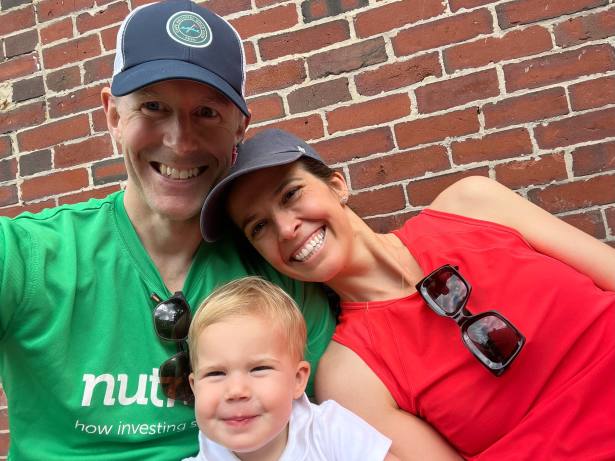
Robo-advice, a sector which started to gather momentum in the UK following the launch of Nutmeg a decade ago, has undergone one of the fastest story arcs in the wealth management sector.
In 2015, launches were aplenty. But now, the number of launches in the robo-advice space seems to have pretty much stopped.
In FTAdviser’s latest podcast, Mike Barrett, consulting director at the Lang Cat, and Simon Bussy, consulting director for wealth at Altus, discuss what’s in store for the future of robo-advice.
“Big providers have big client bags and have client retention rates of above 90 per cent,” said Barrett.
“Wealthsimple had 16,000 clients they managed to acquire in their entire lifetime in the UK. The likes of Hargreaves will acquire that this month, in terms of their normal run-rate.
“So it’s a really, really hard market to break into and reality’s coming home.”
But the the rise and fall of robo-advice has acted as a prompt for advisers to look inwardly at their own businesses, the guests suggested.
"The adoption of technology in advice firms is really quite alarmingly poor," said Barrett.
Asked what he thought of the term ‘hybrid advice’, Barrett said: “I’m a little cynical about the term ‘hybrid advice. [...] A lot of the names and language we use within the sector is meaningless to real people, and actually worse - it acts as a barrier to engage with what we want them to be doing. I wonder whether ‘hybrid advice’ is another good example of that.”
According to Bussy, advisers need to become more self-critical of their own business models, and identify where technology can help them.
“How do you get technology to do the heavy-lifting?” he said. “You get the people to do the stuff that people are really good at, which is the empathy and the talking to customers.”
Bussy continued: “But stuff that a machine can do, bloomin’ well go and let the machine do it. Don’t have an army of people doing that stuff.”
And ‘hybrid advice’ doesn’t just have to mean automations. Bussy cited other examples of innovation, including the potential for an advice algorithm which could help trainee advisers as a sort of “guidance rails”.
To listen to the full podcast, click on the link above.
ruby.hinchliffe@ft.com





